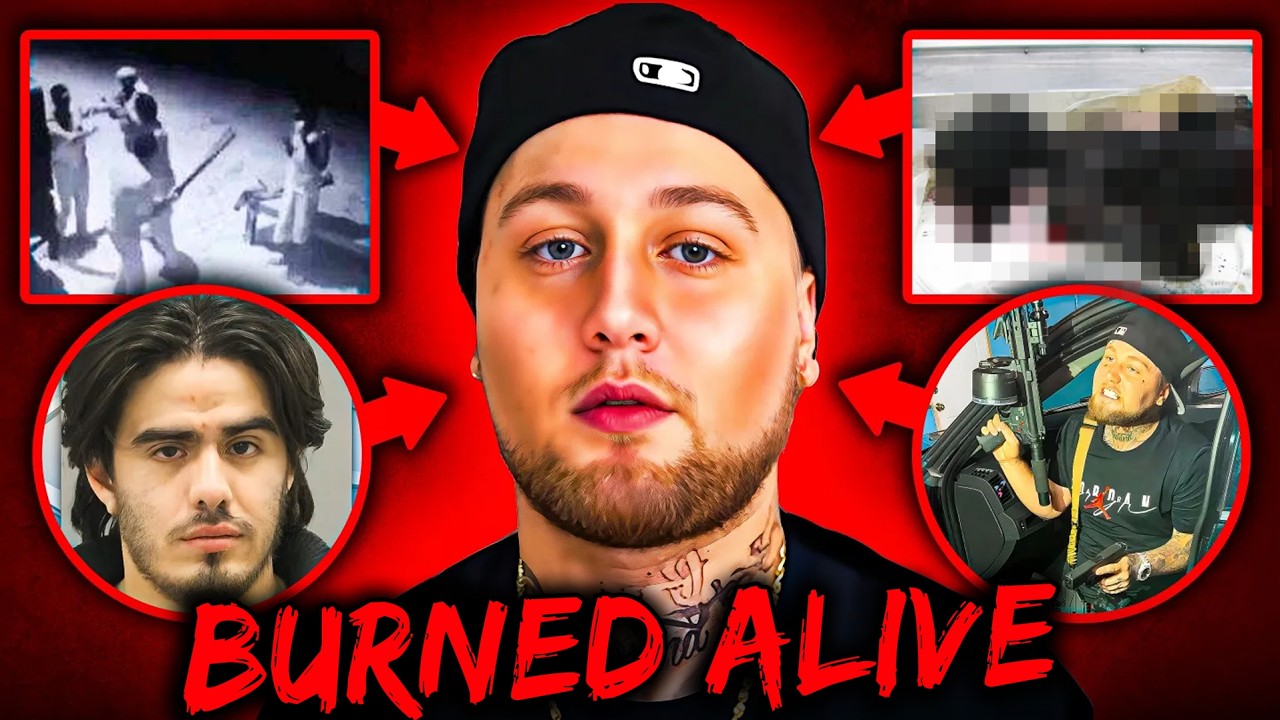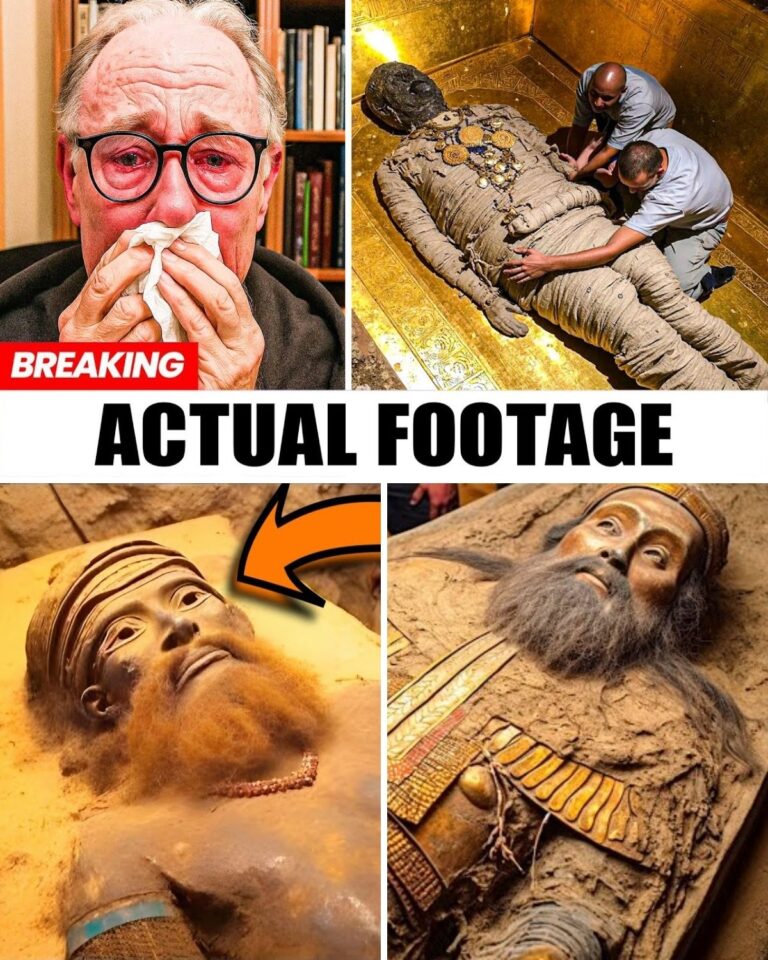The Tragic End of GMEBE Bandz: A Drill Rapper’s Life Cut Short in a Fiery Betrayal
In a harrowing tale that has captivated and horrified the hip-hop community, GMEBE Bandz—Chicago’s notorious white drill rapper—met a brutal end that has left many questioning the dark underbelly of the music scene. Known for his gritty lyrics and ties to the streets, Bandz’s life was tragically cut short when he was murdered and set ablaze, a fate that reads more like a cautionary tale than a reality.

Born in Dallas, Texas, Bandz found his way to Chicago, where he carved out a niche in the drill rap scene. His rise was marked by a blend of musical ambition and street credibility, but it was his alleged involvement in illicit activities, including selling fake lean and running with gangs, that ultimately sealed his fate. With a childhood shadowed by his father’s incarceration and rumored ties to drug dealers, Bandz was no stranger to the harsh realities of street life.
In a twist of fate, Bandz’s foray into the music industry began while serving time in a juvenile program, where he discovered his passion for writing rhymes. His talent soon caught the attention of the Chicago drill scene, and he became a prominent figure in GMEB, a collective that merged his original crew, GME, with the Titanic Stones gang. His tracks, filled with raw emotion and vivid storytelling, resonated with fans, but they also drew the ire of rival factions.

The turning point in Bandz’s life came on June 1, 2019, when he was reported missing by his mother. What followed was a gruesome discovery that sent shockwaves through the community. His body was found in the woods, brutally beaten with a baseball bat before being set on fire—a chilling reminder of the violent world he inhabited. Investigations revealed that Bandz had crossed paths with individuals tied to the cartel, which may have led to his untimely death. Allegedly, he had attempted to run off with a substantial amount of heroin, a move that proved fatal.
As authorities pieced together the events leading to Bandz’s murder, they arrested several individuals, including William Rzate, who was implicated as the primary assailant. Rzate’s subsequent flight to Mexico after posting bail added another layer of intrigue to the case, raising questions about his potential connections to the cartel. Meanwhile, others involved in the crime faced varying degrees of justice, with sentences ranging from life in prison to mere months behind bars.
Despite the tragic circumstances surrounding his death, Bandz’s legacy as a pioneer of white drill rap remains significant. He was not just a rapper; he was a symbol of the gritty realities of life in Chicago’s streets—an artist who lived and breathed the culture he represented. His collaborations with notable figures, including a music video with Cole Bennett, showcased his potential to break through the mainstream, yet the violence that surrounded him proved to be an insurmountable barrier.
As the dust settles on this tragic narrative, Bandz’s story serves as a stark reminder of the dangers lurking within the music industry, particularly in genres like drill rap, where authenticity is often intertwined with violence. The loss of GMEBE Bandz is not just a personal tragedy; it’s a cautionary tale about the cost of fame and the brutal realities of street life. While his music may continue to resonate, it is the chilling circumstances of his death that will linger in the minds of many, casting a long shadow over the legacy of a rapper who could have been a star.







